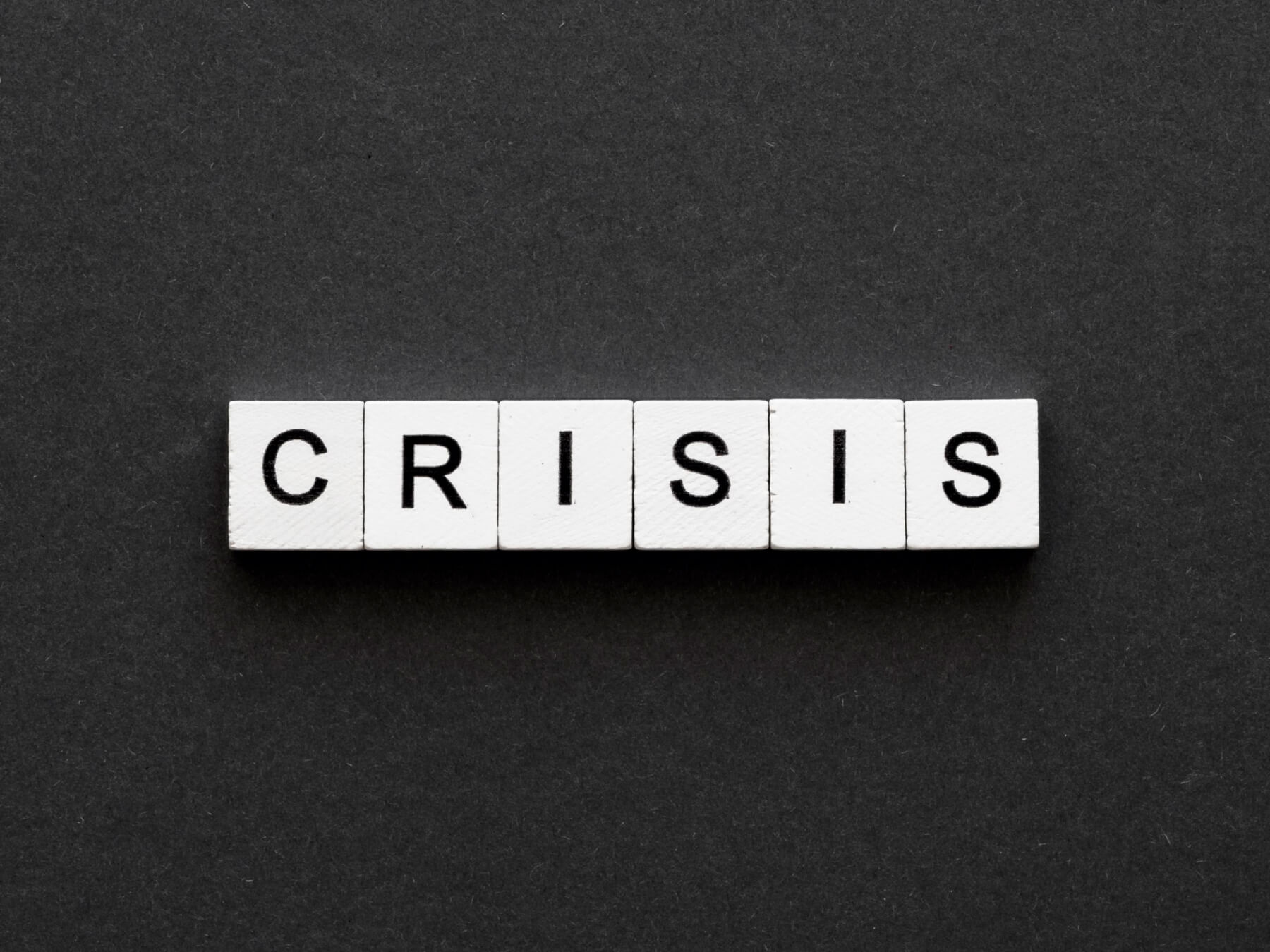© 2026 Euforia Digital, Все права защищены

Внутренние или внешние, локальные или глобальные кризисы, такие как экономический спад, пандемии или проблемы в личной жизни, затрагивают всех. Часто они воспринимаются как катастрофические события, которые приводят к значительным разрушениям и лишениям. Однако более глубокое понимание природы кризисов показывает, что они являются неотъемлемой частью цикличности жизни.
Мы живем в мире, где царят циклы: за ростом всегда следует спад. Как осень сменяет лето, что приводит к сбрасыванию листьев и подготовке природы к зиме, так и кризисы являются естественной частью жизненного ритма. Эта цикличность проявляется в смене времен года: весна и лето символизируют рост и расцвет, а зима – спячку и спад. Для флоры и фауны этот цикл является естественным и ожидаемым, однако люди часто воспринимают кризисы как нежелательные сбои.
Исторически мир пережил как периоды процветания, так и спада. Несмотря на это, люди часто воспринимают благополучные времена как должное и боятся кризисов, считая их беспрецедентными катастрофами. Важно понимать, что кризисы – это не наказание, а естественные процессы, необходимые для роста и обновления. Как природе необходимы периоды покоя для омоложения, так и людям и обществам нужны кризисы, чтобы стимулировать преобразования и прогресс.
Кризис, как правило, возникает в случае застоя в развитии и необходимости перемен. Когда прогресс останавливается, а статус-кво становится неустойчивым, кризис служит катализатором движения и развития. Без таких вызовов существует риск деградации, а не прогресса. Таким образом, как личные, так и глобальные кризисы могут рассматриваться как необходимые для эволюции и совершенствования.
Кризисы, хотя и нелегкие, несут в себе потенциальные преимущества и возможности для роста. Они заставляют людей и общества переоценивать свое положение, адаптироваться и внедрять инновации. Рассматривая кризисы через эту призму, можно превратить их из периодов отчаяния в возможности для значительных позитивных изменений.
Успешные люди и предприятия часто рассматривают экономические кризисы как возможности для роста и инноваций. В периоды процветания появляется меньше новаторских идей и важнейших изобретений, чем в периоды кризиса. Необходимость преодолевать трудности способствует развитию творческого потенциала и разработке новых решений, двигая общество вперед.
На личном уровне кризисы дают возможность для самоанализа и самосовершенствования. Столкнувшись с неудачами, такими как провалы в бизнесе, разочарования в карьере или личные потери, человек может обрести мудрость и новые перспективы. Принятие кризиса как шанса для прогресса, а не как катастрофы – первый важный шаг к его преодолению.
Кризисы часто означают крах устаревших систем или идей. Это разрушение прокладывает путь для новых, более эффективных стратегий и перспектив. Переход от вины и отчаяния к любопытству и принятию может помочь раскрыть потенциал, лежащий в основе кризиса. Вместо того чтобы спрашивать: "Почему это происходит со мной?", спросите: "Чему я могу научиться?" и "Как я могу использовать эту ситуацию для развития?".
Принятие – это первый шаг в преодолении кризиса. Признайте, что кризисы – это естественная часть жизненного цикла. Изменив свое отношение к кризису и сосредоточившись на его потенциальных преимуществах, вы сможете начать воспринимать его как период трансформации и роста, а не как непреодолимое препятствие.
Кризисы могут проявляться как физические недомогания, сигнализируя о необходимости отдыха и восстановления. Часто болезнь – это способ организма сделать столь необходимый перерыв. Если вы перегружены работой и пренебрегаете заботой о себе, кризис здоровья может стать возможностью сбавить обороты, прислушаться к своему организму и расставить приоритеты в пользу своего благополучия.
Используйте кризис как время для переоценки своих целей и стратегий. Какие старые идеи или методы больше не служат вам? Какие новые подходы вы можете применить? Переоценив текущую ситуацию свежим взглядом, вы сможете найти новые пути к успеху и самореализации.
Культивируйте в себе чувство благодарности и позитива. Сосредоточьтесь на извлеченных уроках и росте, достигнутом благодаря кризису. Такой сдвиг в перспективе может значительно уменьшить воспринимаемую тяжесть кризиса и открыть новые возможности для развития.